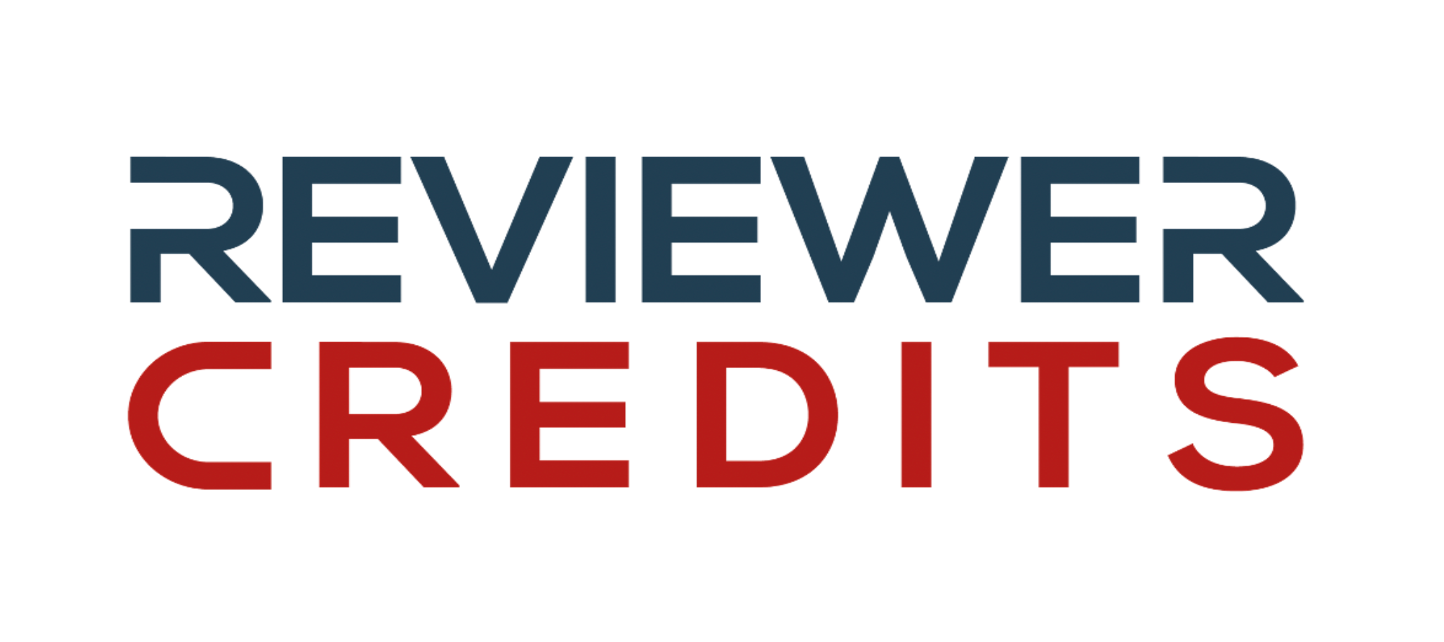DEVELOPING AN ONTOLOGY FOR RETRIEVING MASSIVE OPEN ONLINE COURSES (MOOCS) INFORMATION IN COURSERA PLATFORM
Abstract
ABSTRACT
With the exponential proliferation of Massive Open Online Courses (MOOCs), online learners face difficulties in finding and highlighting relevant course contents. This makes learners to lose their motivation and surrender the learning process. For solving the issue and enhancing MOOCs resource utilization, Semantic web technology has the potential to play an important role by adding semantic annotation to the MOOCs resources for helping learners to access appropriate MOOCs pretty quickly according to their wishes. Furthermore, Ontology helps to shares a common understanding of the structure about any domain of interest amongst people and software agents. This paper presents Ontology for MOOCs Courses domain in the Coursera platform to retrieve the educational resources pretty quickly based on learners' request.
Downloads
References
Bannour, W., Maalel, A., & Ghezala, H. H. B. (2019). Ontology-based representation of crisis response situations. In International Conference on Computational Collective Intelligence (pp. 417–427). Springer, Cham.
Berners-lee, T., Hendler, J., & Lassila, O. (2002). A new form of Web content that is meaningful to computers will unleash a revolution of new possibilities. Scientific American.
Brandl, K. (2005). Review of Are You Ready to" Moodle"?. Language Learning & Technology, 9(2), 16–23.
Christensen, G., Steinmetz, A., Alcorn, B., Bennett, A., Woods, D., & Emanuel, E. (2013). The MOOC Phenomenon : Who Takes Massive Open Online Courses and Why ? Working Paper.
Coursera. (2019). We envision a world where anyone, anywhere can transform their life by accessing the world’s best learning experience. Retrieved August 10, 2019, from https://blog.coursera.org/about/
El-ghalayini, H. (2011). E-Course Ontology for Developing E-learning Courses. In 2011 Developments in E-systems Engineering (pp. 245–249). IEEE.
Elfadiel, M. A. M. A., & Ibrahim, E. A. A. (2015). Design Ontology for Open Learning Domain. International Journal of Science and Research (IJSR), 6(391), 2319–7064.
Glimm, B., Horrocks, I., Motik, B., Stoilos, G., & Wang, Z. (2014). HermiT : An OWL 2 Reasoner. Journal of Automated Reasoning, 53(3), 245–269.
Gruber, T. R. (1993). A Translation Approach to Portable Ontology Specifications. Knowledge Acquisition, 5(2), 199–220.
Horridge, M. (2019). OWLViz – A visualisation plugin for the Protégé OWL Plugin Using OWLViz. Retrieved August 1, 2019, from https://protegewiki.stanford.edu/wiki/OWLViz
Jacksi, K. (2019). Design and Implementation of E-Campus Ontology with a Hybrid Software Engineering Methodology. Science Journal of University of Zakho, 7(3), 95–100.
Khalili, A., Auer, S., Tarasowa, D., & Ermilov, I. (2012). SlideWiki : Elicitation and Sharing of Corporate Knowledge using Presentations. In International Conference on Knowledge Engineering and Knowledge Management (pp. 302–316). Springer, Berlin, Heidelberg.
Kollia, I., Glimm, B., & Horrocks, I. (2011). SPARQL Query Answering over OWL Ontologies. In Extended Semantic Web Conference (pp. 382–396). Springer, Berlin, Heidelberg.
La Paz, A. I., Ramaprasad, A., Syn, T., & Vasquez, J. (2015). an ontology of E-commerce-mapping a relevant corpus of knowledge. Journal of Theoretical and Applied Electronic Commerce Research, 10(2), i–ix.
McGuinness, D. L., & Van Harmelen, F. (2004). OWL Web Ontology Language Overview. W3C Recommendation, 10(10).
Mouromtsev, D., Kozlov, F., Kovriguina, L., & Parkhimovich, O. (2015). ECOLE : Student Knowledge Assessment in the Education Process. In Proceedings of the 24th International Conference on World Wide Web (pp. 695–700). ACM.
Naser, S. S. A., Atallah, R. R., & Hamo, S. (2015). Building an ontology in educational domain case study for the university of palestine. International Journal of Research in Engineering and Science (IJRES), 3(1), 15–21.
Noy, N. F., & McGuinness, D. L. (2001). Ontology development 101: A guide to creating your first ontology.
Protégé. (2019). A free, open‐source ontology editor and framework for building intelligent systems. Retrieved July 10, 2019, from https://protege.stanford.edu/products.php
Ruiz-Martınez, J. M., Minarro-Giménez, J. A., Castellanos-Nieves, D., Garcıa-Sánchez, F., & Valencia-Garcia, R. (2011). Ontology population: an application for the e-tourism domain. International Journal of Innovative Computing, Information and Control (IJICIC), 7(11), 6115–6133.
Sirin, E., Parsia, B., Grau, B. C., Kalyanpur, A., & Katz, Y. (2007). Pellet : A practical OWL-DL reasoner. Web Semantics: Science, Services and Agents on the World Wide Web, 5(2), 51–53.
Tulasi, R. L., Rao, M. S., & Gouda, G. R. (2013). Study of E-learning Information Retrieval Model based on Ontology. International Journal of Computer Applications, 61(17), 0975 – 8887.
Volchek, D., Romanov, A., & Mouromtsev, D. (2017). Towards the Semantic MOOC : Extracting , Enriching and Interlinking E- Learning Data in Open edX Platform Towards the Semantic MOOC : Extracting , Enriching and Interlinking E-Learning Data in Open edX Platform. In International Conference on Knowledge Engineering and the Semantic Web (pp. 295–305). Springer, Cham.
It is the policy of the Journal of Duhok University to own the copyright of the technical contributions. It publishes and facilitates the appropriate re-utilize of the published materials by others. Photocopying is permitted with credit and referring to the source for individuals use.
Copyright © 2017. All Rights Reserved.














